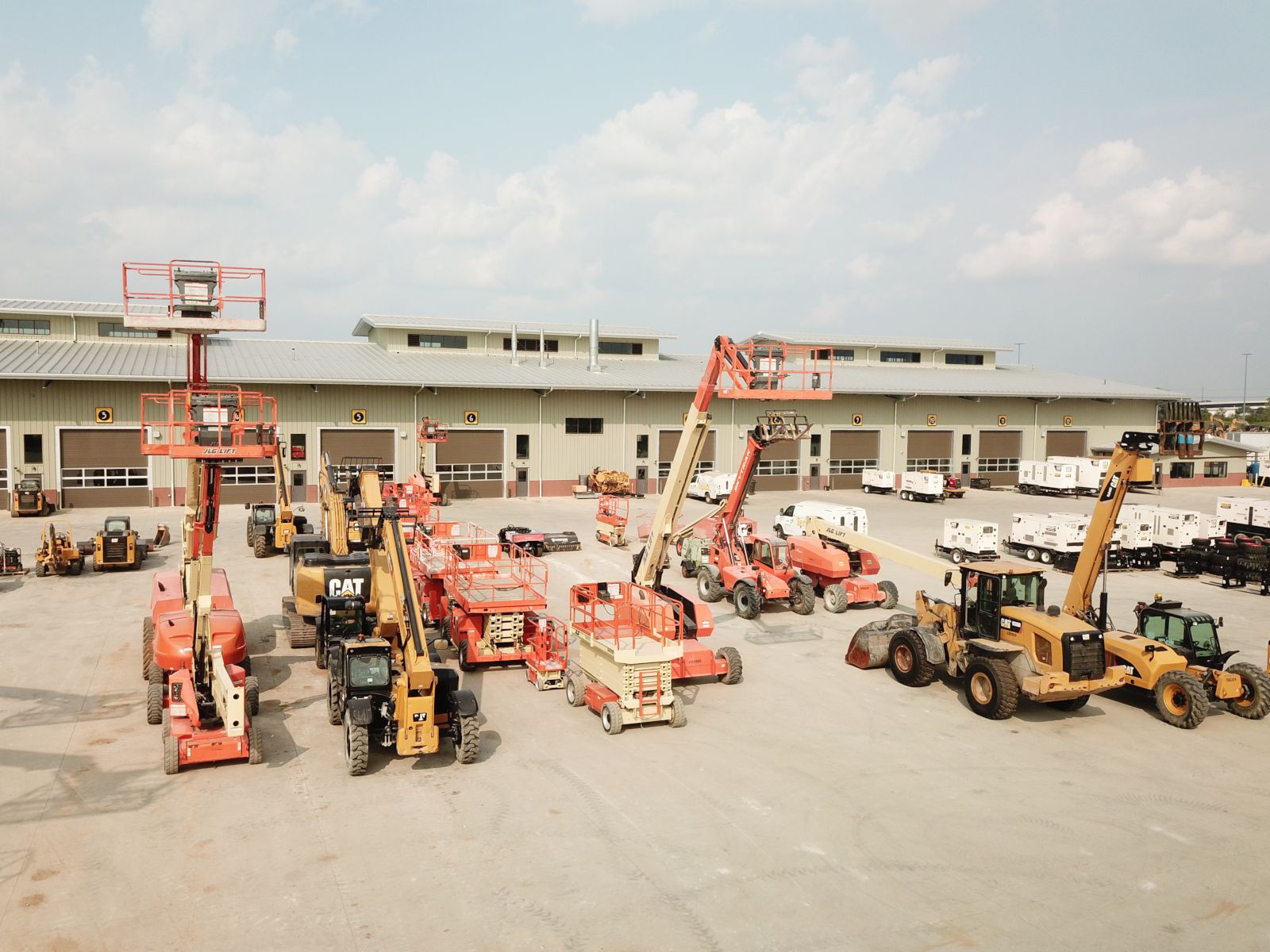Optimize Your Budget by Understanding the Prices Associated With Construction Devices Services
Comprehending the full extent of expenses connected with building and construction devices leasings is essential for maximizing your spending plan. What approaches can be utilized to efficiently handle these prices and guarantee a more efficient rental experience?
Introduction of Rental Costs
When thinking about building and construction devices rentals, recognizing the associated costs is critical for reliable budgeting and task planning. Rental prices can vary substantially based upon a number of aspects, consisting of equipment kind, duration of service, and area. The initial rental cost commonly mirrors the equipment's market need and its linked functional abilities, influencing the total expenditure.
In addition to the base rental rate, ancillary prices may occur, such as transportation costs, gas additional charges, and maintenance fees. It is crucial to represent these extra expenditures to precisely evaluate the overall cost of leasing equipment. The rental period can impact rates; longer rentals may certify for discounted rates, while short-term services might sustain higher daily charges.

Break Down of Rental Prices
A thorough understanding of rental rates is necessary for professionals and job managers intending to enhance their budget plans. Rental prices for building equipment generally consist of numerous elements, including base rates, time-based costs, and use costs.
Base rates are the core costs related to the service of the tools, typically established by the kind and size of the equipment. These prices can differ substantially, influenced by factors such as tools need, availability, and local market trends. Time-based charges, which might be daily, weekly, or monthly, offer to fit various project timelines and rental periods.
In addition, rental prices might include usage fees, which are suitable when devices is used beyond a defined threshold, making certain that the rental business can represent deterioration. Seasonal need changes can also impact rental rates, with peak building and construction periods typically regulating higher rates.
Moreover, comprehending the rental firm's policies relating to upkeep and insurance can provide further insight right into the general expense framework. By analyzing these elements, service providers can make informed choices, making sure the choice of rental equipment straightens with both project demands and budget restraints.
Added Costs to Consider
Understanding the complexities of added charges is vital for professionals to manage their general rental expenses efficiently. Beyond the common rental prices, various supplemental fees can dramatically affect the total cost of equipment leasing. These fees typically include delivery and pickup costs, which can differ based upon range and logistics included in carrying the devices to and from the job site.
Additionally, some rental business may impose gas additional charges if the tools is returned with much less fuel than when leased. It is likewise vital to know possible cleansing fees, particularly for specialized devices that requires thorough maintenance after usage.

Completely reviewing the rental agreement and clarifying these added charges ahead of time can help professionals avoid unanticipated prices and guarantee that spending plans continue to be undamaged throughout the project lifecycle.
Repair And Maintenance Expenses
Routine maintenance and repair service expenses are frequently forgotten elements that can considerably affect the overall expense of construction devices services. When renting out equipment, it is critical to consider not just the rental costs but likewise the possible expenses connected with keeping the machinery in ideal operating condition.
Many rental firms include fundamental upkeep as part of the rental contract; nevertheless, extra comprehensive fixings or unexpected break downs can bring about added expenses. It's important to examine the rental agreement thoroughly to recognize what upkeep solutions are covered and what responsibilities fall on the tenant.
Moreover, tools that is not properly maintained can lead to inefficiencies on the task website, possibly creating hold-ups and increasing project costs. To reduce these risks, it is a good idea to carry out routine assessments and preserve open communication with the rental company pertaining to any kind of concerns that develop during use.
Insurance and Liability Costs
Insurance and responsibility prices are important elements that can substantially affect the general expense of construction tools leasings (dozer rental). These costs ensure that both the rental firm and the customer are safeguarded from potential economic losses occurring from crashes, damage, or burglary throughout the rental period

Additionally, customers should recognize any deductibles or exclusions in the insurance plan, as these can affect prospective out-of-pocket expenses. Comprehending the terms of any insurance policy coverage is essential to avoid unforeseen prices. Ultimately, budgeting for insurance policy and liability expenditures can assist make certain a smoother rental experience and protect against economic risks related to building and construction tasks.
Final Thought
In conclusion, a comprehensive understanding of the prices connected with building equipment services is essential for reliable budget plan administration. Ultimately, educated decision-making pertaining to equipment leasings adds to the general success of building ventures.
Rental costs can differ substantially based on a number of factors, consisting of devices kind, period of leasing, and place (mini excavator rental). The rental period can influence prices; longer services may certify linked here for discounted prices, while short-term services may sustain higher day-to-day fees
By carrying out thorough study and engaging with reliable rental firms, professionals can successfully browse the intricacies of rental pricing, inevitably maximizing their monetary sources.
Beyond the standard rental prices, different supplementary fees can significantly affect the complete price of equipment leasing. Rental firms frequently give liability insurance coverage that covers injuries to third large equipment movers events or damage to building, while equipment damage insurance coverage can cover the price of repairs or substitute if the rented equipment is damaged.